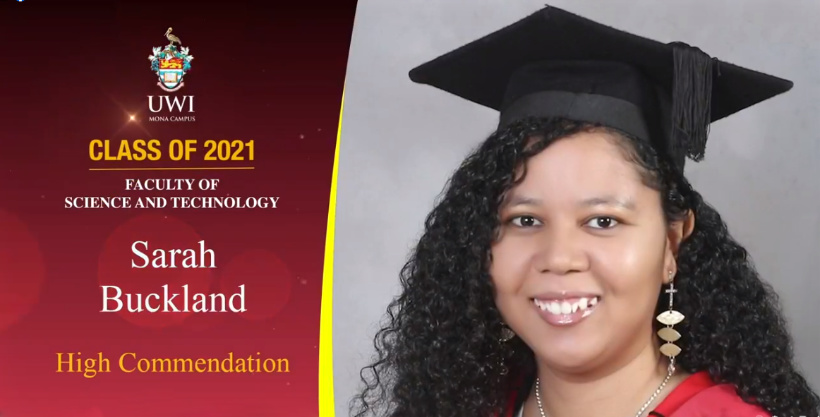Should Christians pursue advanced degrees?
What should they look out for?

I eagerly encourage all Christian students who have the intellectual aptitude, calling, and desire to pursue an advanced degree to go ahead and do it. And do it with all their might!
Our society is in dire need of more Christians in academia to reclaim science for God. Whether we realize it or not, many of the drastic shifts from Christian values we see in society today have advanced in society due to the strategic work of activists starting in the academic system. For example, there is now widespread acceptance of abortion as a ‘right’, transgenderism, loss of parental rights, homosexuality, comprehensive sexuality education, and critical race theory. Academics have often weaponized ‘research’ to advance secular viewpoints to transform society away from God’s design and will.
We need more Christians to be vocal in their subjects of specialization. They could be better positioned to provide honest and rigorous examination of the flawed and skewed research used to back policies against God’s order and design. Rather, they can form part of a new generation that will restore science’s Christian and ethical roots by advancing honest and wholesome research.
An individual student might be intimidated and downplay the potential impact that he or she may have. But I would like to encourage all students and prospective students reading this that God can use the weakest of us in mighty ways. As you pursue your higher degree and become exposed to the world’s philosophies, I encourage you with four tips and Scriptures to remain grounded in the Word.
Discernment
Postgraduate life will be rife with many viewpoints which may appear clever at the outset. While pursuing studies, I encourage all Christian students to use critical thinking skills in a biblical framework. Try to identify and deconstruct the false assumptions in the philosophies they are taught. Do not be afraid to ask questions, but ask them respectfully. Some questions include: Was this claim directly observed? Are there any assumptions that underpin this idea? Is there any other way to interpret what was seen? Differentiating between observation and interpretation is one of the most important skills that I believe are useful for students in higher education. As the Scripture states:
“Beware lest any man spoils you through philosophy and vain deceit, after the tradition of men, after the rudiments of the world, and not after Christ.” (Colossians 2:8)
Focus on God
As a Christian intellectual, as you learn the philosophies of the world, know that your faith is not blind. So, don’t be afraid of questions that come your way. Surround yourself with like-minded peers or other support systems that share your values and focus your thoughts on God as you meet distractions.
“We demolish arguments and every pretension that sets itself up against the knowledge of God, and we take captive every thought to make it obedient to Christ.” (2 Corinthians 10:5)
Be a light
My third tip is to be a light in your university—your peers and your lecturers. Sometimes the most aggressive respondent may be secretly observing you. Be a witness in your lifestyle, and God will be able to use you in ways you can never imagine. As Matthew 5:14–16 states:
“You are the light of the world. A city located on a hill cannot be hidden. People do not light a lamp and put it under a basket but on a lampstand, and it gives light to all in the house. In the same way, let your light shine before people so that they can see your good deeds and give honor to your Father in heaven.”
Perseverance

My final tip is the importance of perseverance. In whatever calling or pursuit we embark on as Christians, we can expect obstacles and disappointments, especially as the enemy tries to thwart our paths and discourage us. However, perseverance to the end is key. Keep the goal in mind: amidst any persecutions, God will bring you through if He has called you. As Philippians 1:6 encourages:
“being confident of this, that he who began a good work in you will carry it on to completion until the day of Christ Jesus.”
This Scripture was my motto during my postgraduate studies, which brought me out of some of the most difficult periods of my life thus far.






Readers’ comments
Comments are automatically closed 14 days after publication.